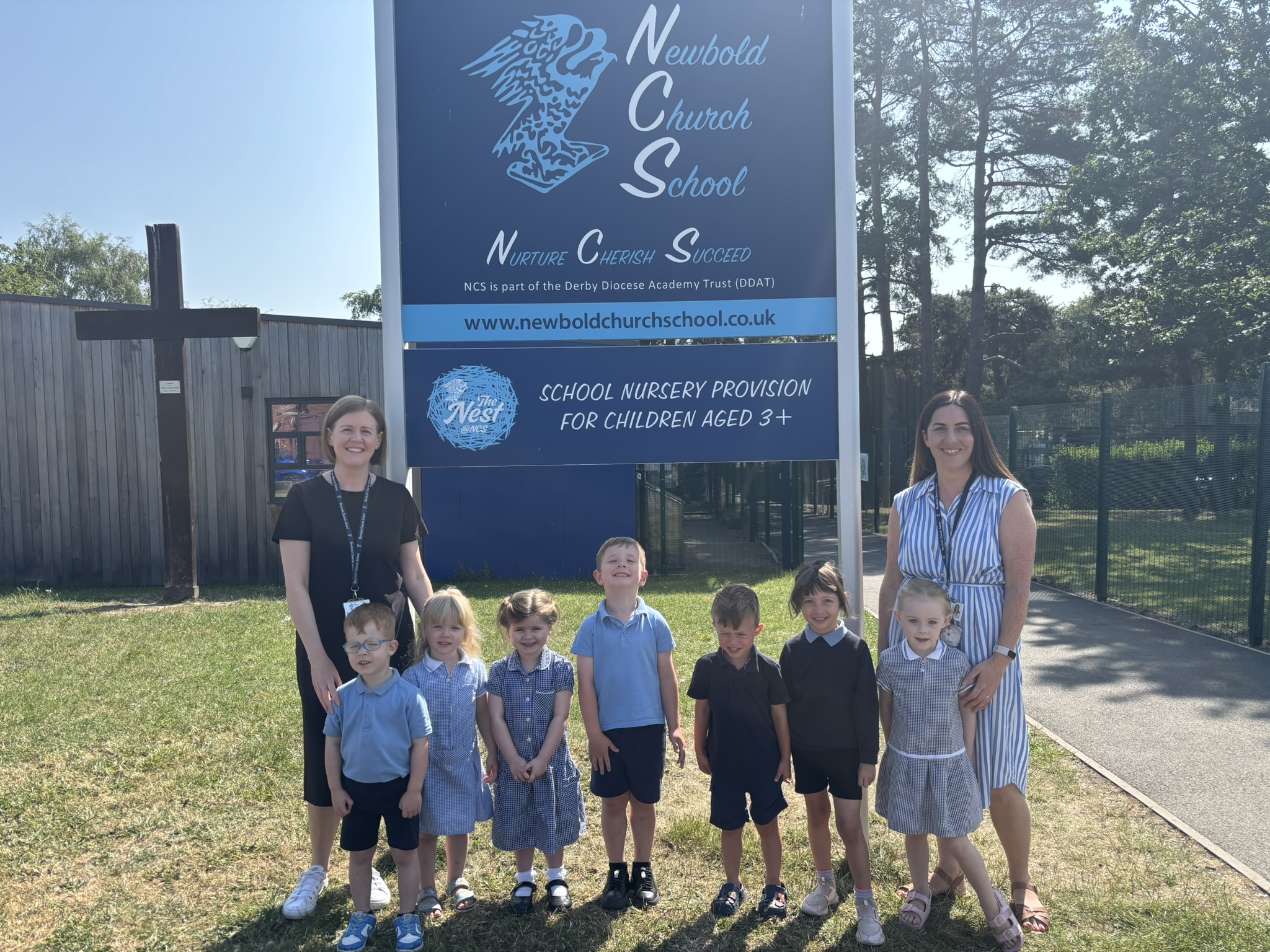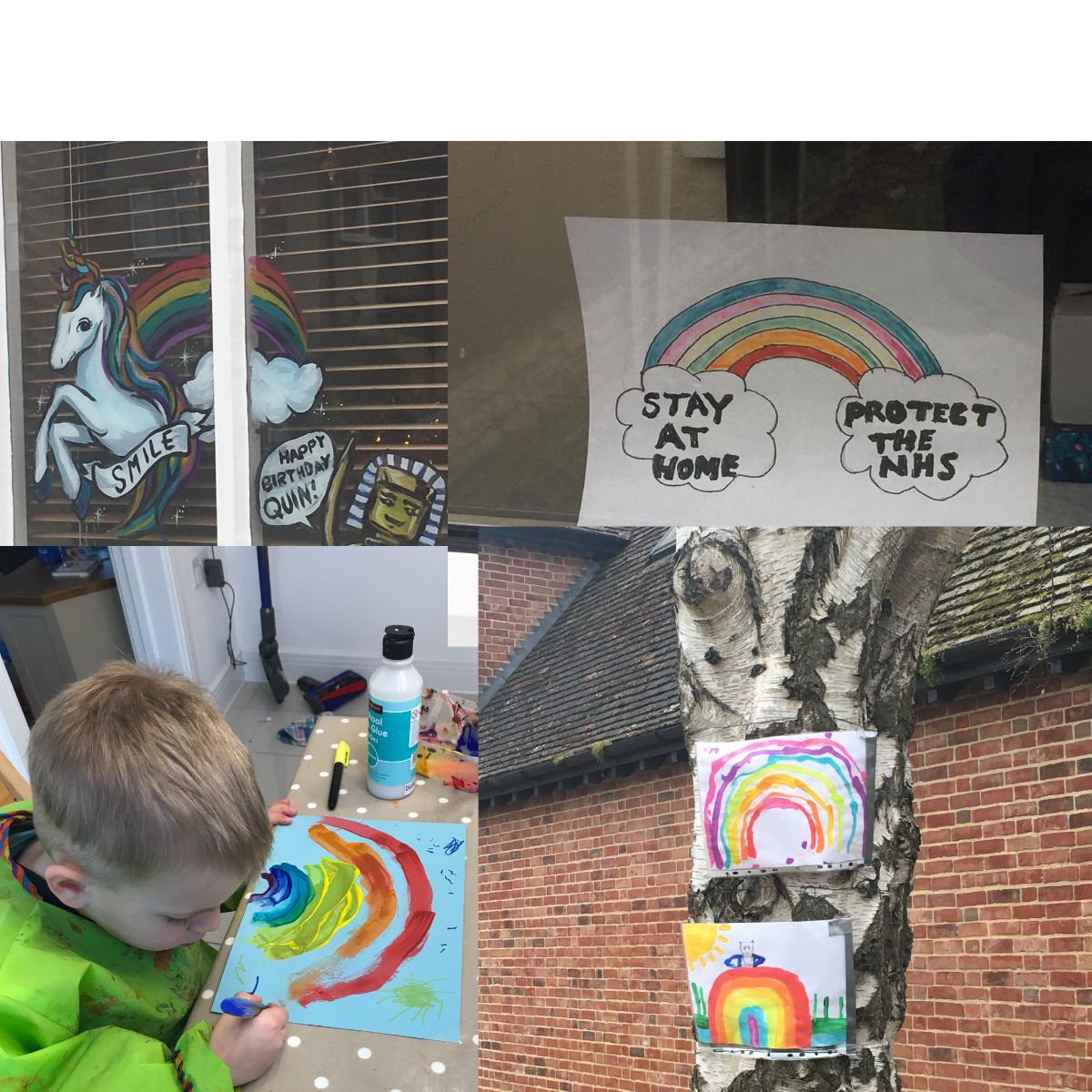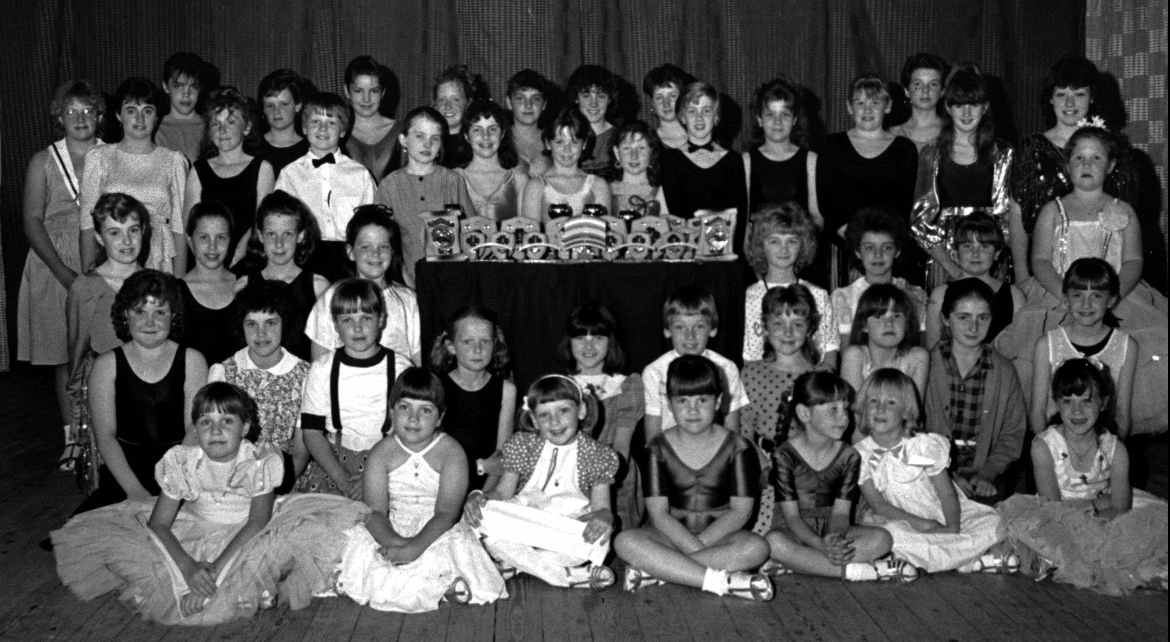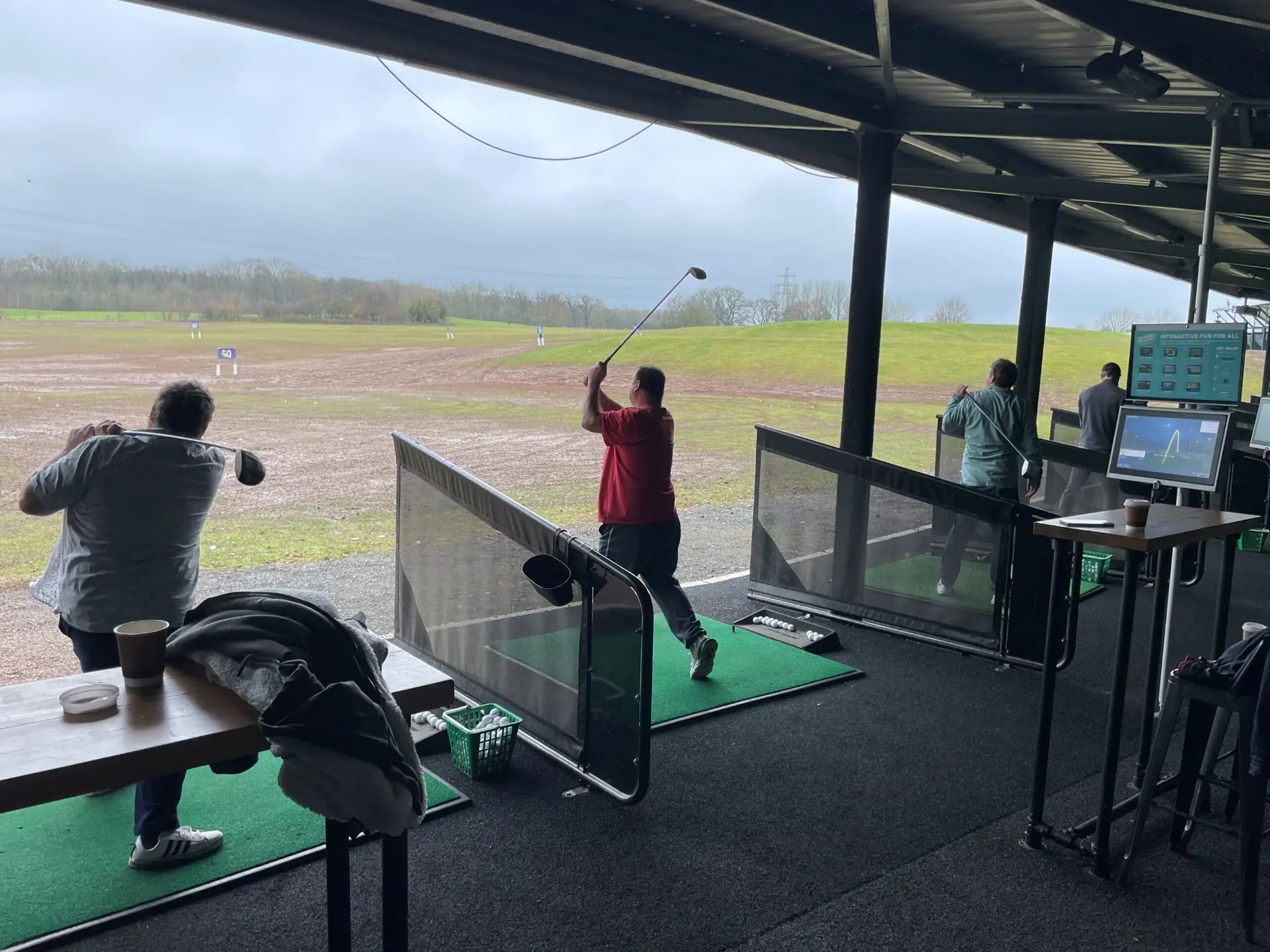As a born procrastinator, one of my favourite stories concerns Martin Luther King, who on the eve of his I Have A Dream speech in 1963, only started working on it at 10pm the night before, writes Simon Burch.
And what’s more, he didn’t even include the phrase “I have a dream” in it.
Instead, it was only mid-speech the next day that, prompted by a supporter to “tell them about the dream, Martin” he ad-libbed the four words that would make him famous and galvanise an entire human rights campaign.
Knowing the effect the speech has had, it seems remarkable now that it was ever originally unscripted. In truth, it wasn’t brand new copy, Luther King had used this passage of oration before and, as an experienced and talented speaker, he was able to go with the flow.

But there are numerous examples, in both fact and fiction, where ad-libbed words and phrases have entered the hall of fame, including Jaws actor Roy Schieder’s infamous line “we’re gonna need a bigger boat”, which wasn’t part of the original script.
And who can forget Eric Cantona’s famous Seagulls comment at a press release: a genius riposte to a question posed by journalists more used to reporting on footballers talking about giving it 100% or being gutted for the lads because of a last-minute goal.
I say all this because, as someone who writes new stories for other people’s blogs for a living – supplemented with articles like this – there is nothing like talking to someone and getting them to say something unscripted or unexpected, alongside digging deep to tell a story or memory that they may well have never told another person.
In my newspaper days, writing the 900+ words feature articles every day and meeting every type of people from duchesses to murderers and everyone in between, it was always a magic moment when someone said something you knew could be used as the headline because it was so impactful.
This is the case for PR too, although in many more formal articles, the good stuff is often unsuitable, which is where blogs come into their own because they can use the first-person format where the rules are relaxed.
This is a huge reason why I – and we as a company – celebrate the fact that original blogs are one of the best ways companies and other organisations can reach out to their audiences and help attract traffic to their website at the same time.
There are a great many articles out there giving advice on writing blogs, the vast majority of which appear to look at them from the digital point of view, where topicality, synergy with search terms and the use of buzz phrases are the guiding stars to follow when creating copy.
I get that, the time spent in creating copy is money and it has to generate an ROI, but the free creative spirit inside me instinctively fights against any idea that writing should be done for anything other than engaging fellow humans and creating a person-to-person connection.
We have written a Penguin PR blog for a few months now with everyone taking it in turns. Everyone is allowed to use their writing talent as they see fit and explore whatever topic they can think of, as long as it loosely applies to the industry – or even if it doesn’t.
The results have been very pleasing, not least because without these blogs, none of us would have known about Lucy Stephens’ accomplishment on the recorder or learned more about Kerry Ganly’s passion for the way in which sport brings communities together.
And nor would the world have learned that one of Sarah’s main jobs when a junior reporter was to phone up well-known local people and ask them to walk to their fridge, open the door and describe what they see.
Even more importantly, the blogs gave a work experience student Mya Curtis the opportunity to talk about how her life with cerebral palsy – and how she refuses to let it define her, declaring “I’m a bit wobbly but I’m also a 15-year-old girl wanting to be treated like every other teenager”.
When I read her blog while editing it, this sentence was so good that to just had to be used as the headline – so it was.
And while I might sound like a Luddite in saying this, when we put it online we didn’t look at Google Trends, think of buzz phrases, explore search terms or any of the other SEO stuff we probably should have done.
Instead, we realised the simplicity of the statement and how it summed up her situation. And, to our delight, according to the analytics it’s been viewed 2,632 times via LinkedIn and many more thousands of views after it was shared on Twitter.
We’re still waiting for Sarah’s blog on fridges to hit the same heights, but although we may be waiting a long time, the lesson with blogs is clear – that while they do play an SEO function, it’s the humanness that you get from encouraging people to express themselves in their own words and in the moment which give blogs their unique power.








